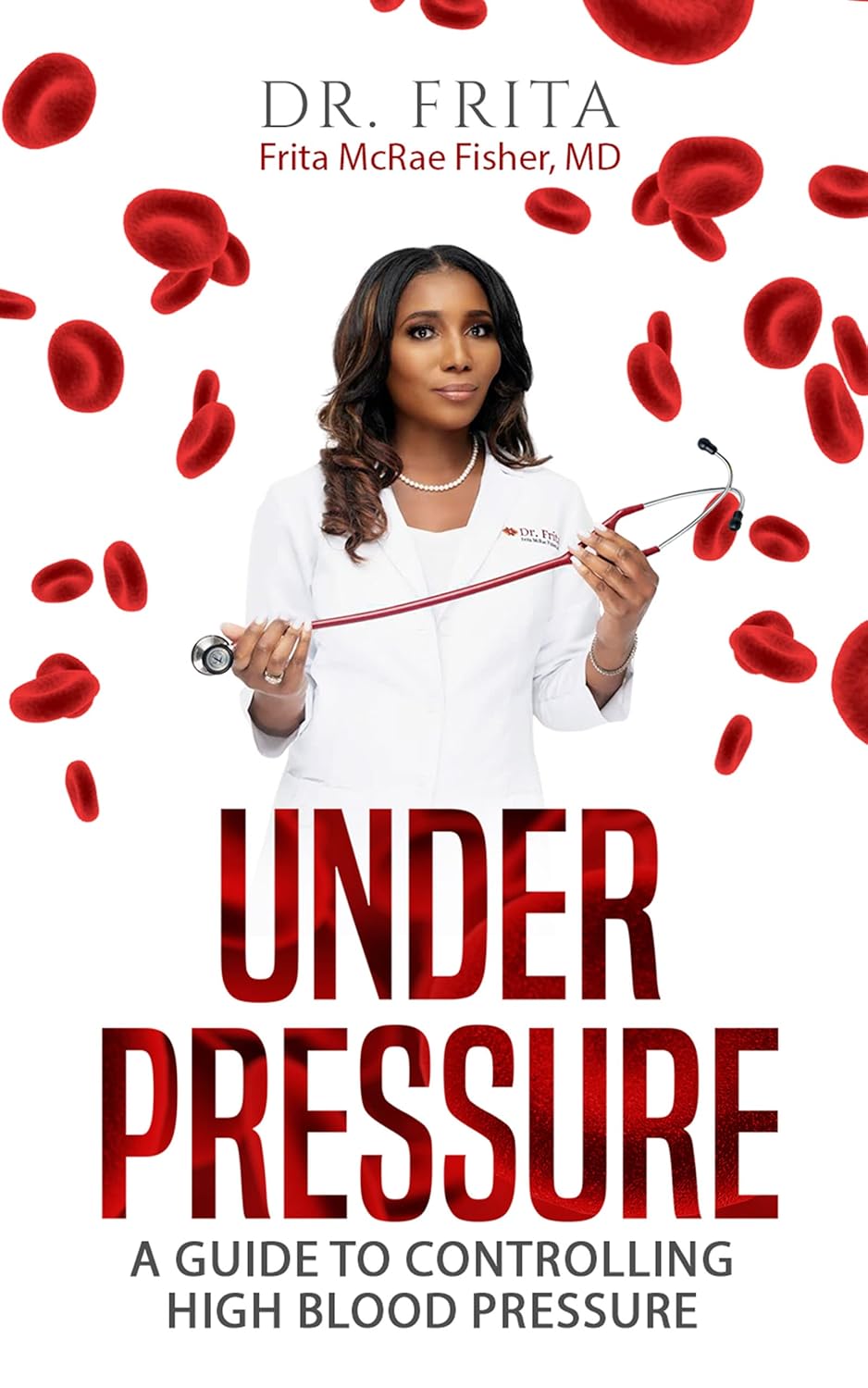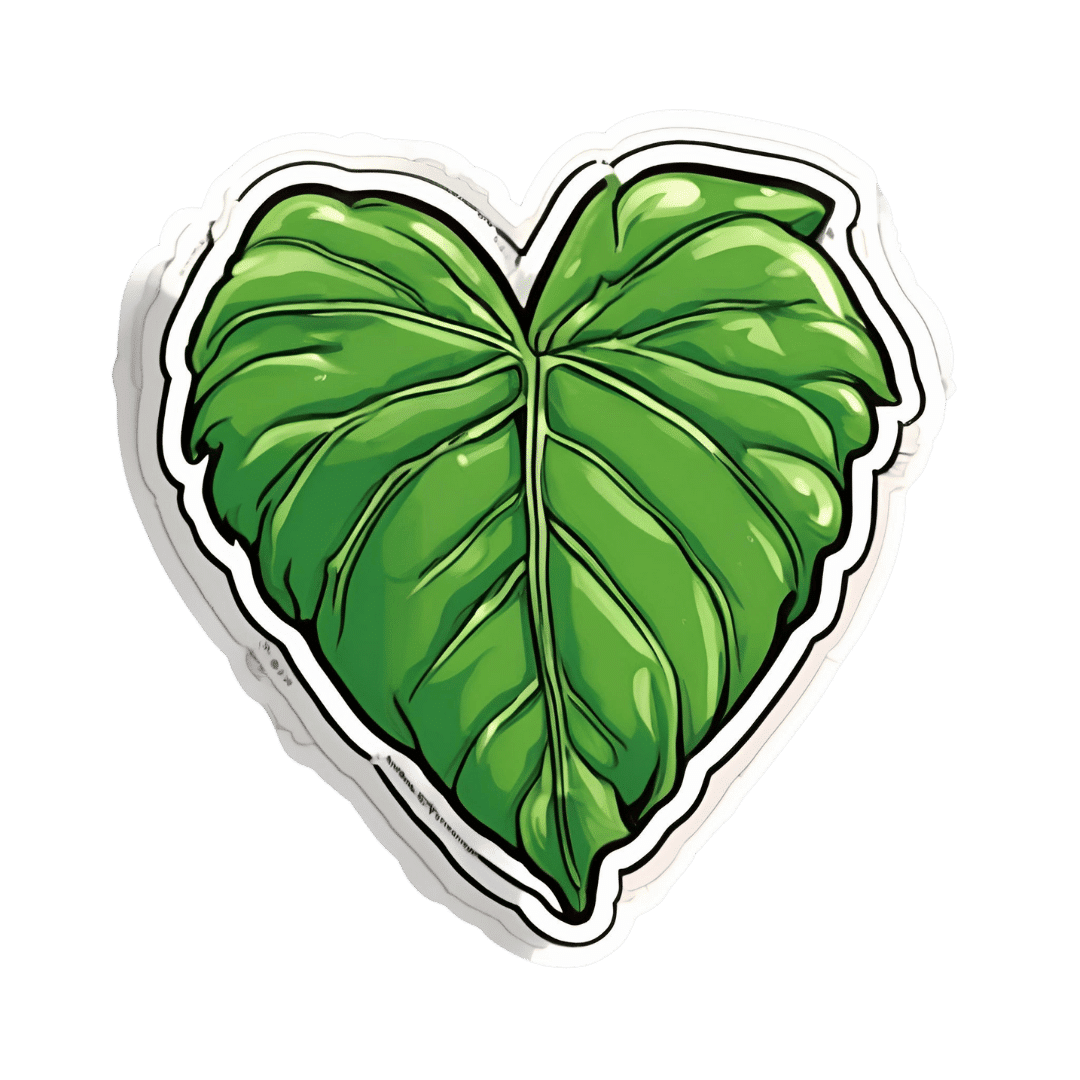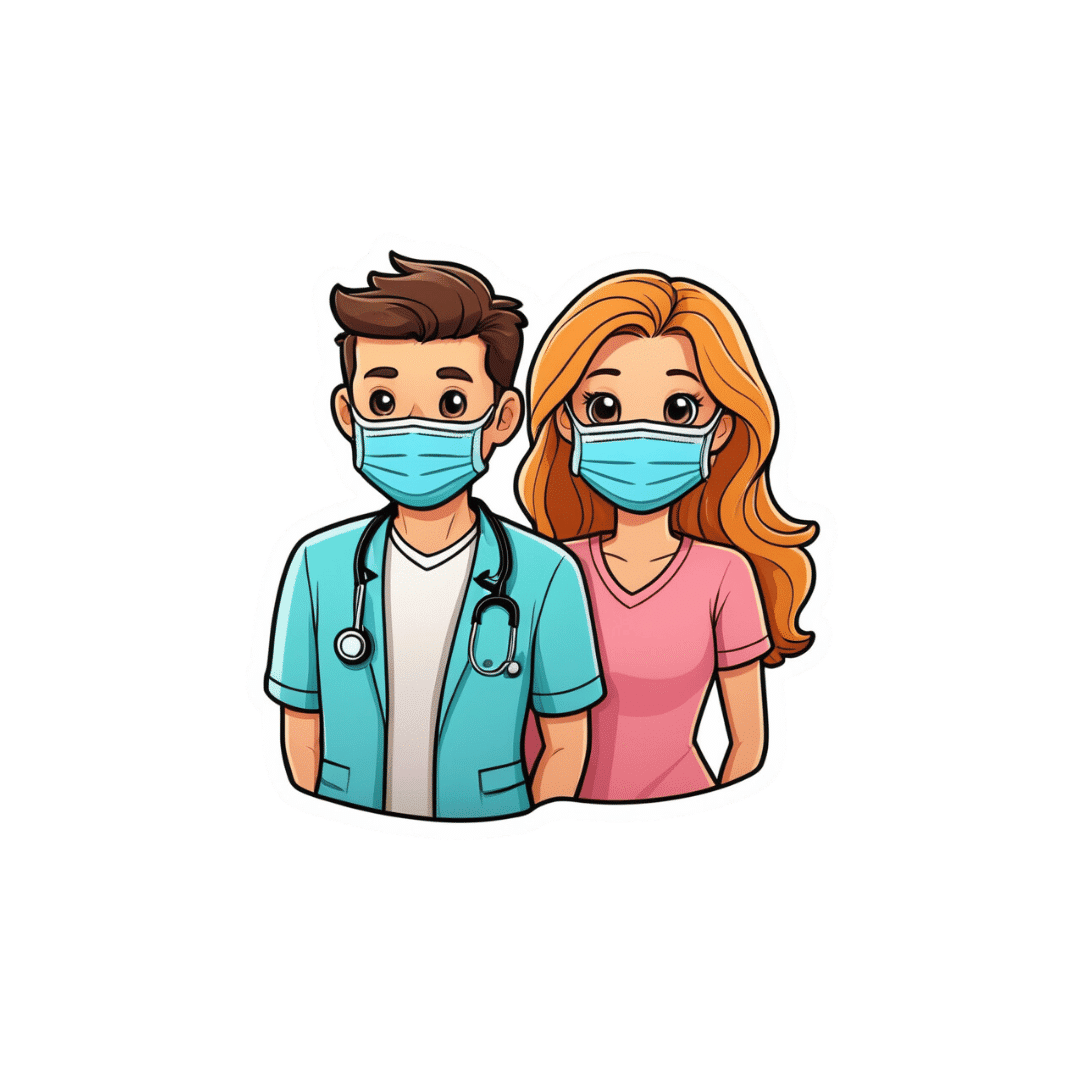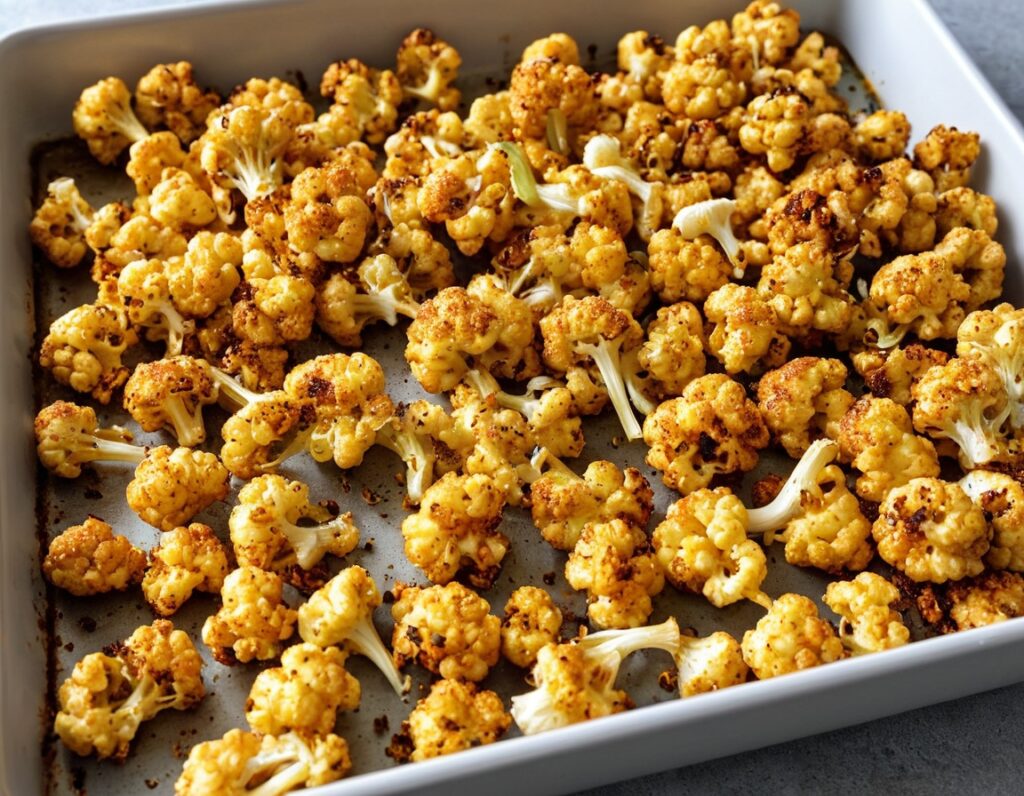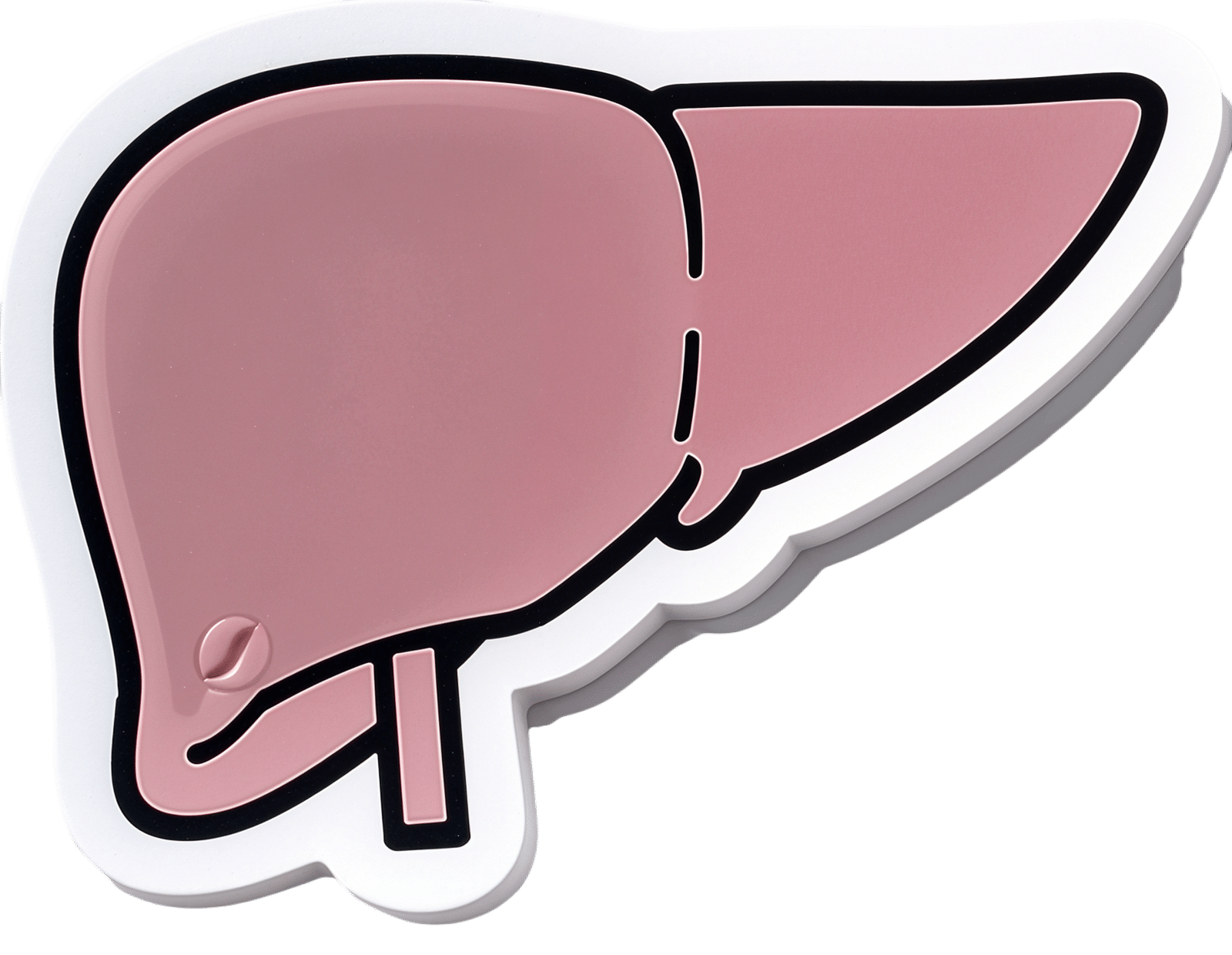
How To Unfatty A Fatty Liver
10almonds is reader-supported. We may, at no cost to you, receive a portion of sales if you purchase a product through a link in this article.
How To Unfatty A Fatty Liver
In Greek mythology, Prometheus suffered the punishment of being chained to a rock, where he would have his liver eaten by an eagle, whereupon each day his liver would grow back, only to be eaten again the next day.
We mere humans who are not Greek gods might not be able to endure quite such punishment to our liver, but it is an incredibly resilient and self-regenerative organ.
In fact, provided at least 51% of the liver is still present and correct, the other 49% will regrow. Similarly, damage done (such as by trying to store too much fat there due to metabolic problems, as in alcoholic or non-alcoholic fatty liver disease) will reverse itself in time, given the chance.
The difference between us and Prometheus
In the myth, Prometheus had his liver regrow overnight every night. Ours don’t recover quite so quickly.
Indeed, the science has good and bad news for us:
❝Liver recolonization models have demonstrated that hepatocytes have an unlimited regenerative capacity. However, in normal liver, cell turnover is very slow.❞
~ Michalopoulos and Bhusan (2020)
Read more: Liver regeneration: biological and pathological mechanisms and implications
If it regenerates, why do people need transplants, and/or die of liver disease?
There are some diseases of the liver that inhibit its regenerative abilities, or (as in the case of cancer) abuse them to our detriment. However, in the case of fatty liver disease, the reason is usually simple:
If the lifestyle factors that caused the liver to become fatty are still there, then its regenerative abilities won’t be able to keep up with the damage that is still being done.
Can we speed it up at all?
Yes! The first and most important thing is to minimize how much ongoing harm you are still doing to it, though.
- If you drink alcohol, stop. According to the WHO, the only amount of alcohol that is safe for you is zero.
- You might like our previous article: How To Reduce Or Quit Alcohol
- Consider your medications, and find out which place a strain on the liver. Many medications are not optional; you’re taking them for an important reason, so don’t quit things without checking with your doctor. Medications that strain the liver include, but are by no means limited to:
- Many painkillers, including acetaminophen/paracetamol (e.g. Tylenol), and ibuprofen
- Some immunosuppresent drugs, including azathioprine
- Some epilepsy drugs, including phenytoin
- Some antibiotics, including amoxicillin
- Statins in general
Note: we are not pharmacists, nor doctors, let alone your doctors.
Check with yours about what is important for you to take, and what alternatives might be safe for you to consider.
Dietary considerations
While there are still things we don’t know about the cause(s) of non-alcoholic fatty liver disease, there is a very strong association with a diet that is:
- high in salt
- high in refined carbohydrates
- e.g. white flour and white flour products such as white bread and white pasta; also the other main refined carbohydrate: sugar
- high in red meat
- high in non-fermented dairy
- high in fried foods.
So, consider minimizing those, and instead getting plenty of fiber, and plenty of lean protein (not from red meat, but poultry and fish are fine iff not fried; beans and legumes are top-tier, though).
Also, hydrate. Most people are dehydrated most of the time, and that’s bad for all parts of the body, and the liver is no exception. It can’t regenerate if it’s running on empty!
Read more: Foods To Include (And Avoid) In A Healthy Liver Diet
How long will it take to heal?
In the case of alcoholic fatty liver disease, it should start healing a few days after stopping drinking. Then, how long it takes to fully recover depends on the extent of the damage; it could be weeks or months. In extreme cases, years, but that is rare. Usually if the damage is that severe, a transplant is needed.
In the case of non-alcoholic fatty liver disease, again it depends on the extent of the damage, but it is usually a quicker recovery than the alcoholic kind—especially if eating a Mediterranean diet.
Read more: How Long Does It Take For Your Liver To Repair Itself?
Take good care of yourself!
Don’t Forget…
Did you arrive here from our newsletter? Don’t forget to return to the email to continue learning!
Recommended
Learn to Age Gracefully
Join the 98k+ American women taking control of their health & aging with our 100% free (and fun!) daily emails:
-
Under Pressure: A Guide To Controlling High Blood Pressure – by Dr. Frita Fisher
10almonds is reader-supported. We may, at no cost to you, receive a portion of sales if you purchase a product through a link in this article.
Hypertension kills a lot of people, and does so with little warning—it can be asymptomatic before it gets severe enough to cause harm, and once it causes harm, well, one heart attack or stroke is already one too many.
Aimed more squarely at people in the 35–45 danger zone (young enough to not be getting regular blood pressure checks, old enough that it may have been building up for decades), this is a very good primer on blood pressure, factors affecting it, what goes wrong, what to do about it, and how to make a good strategy for managing it for life.
The style is easy-reading, making this short (91 pages) book a very quick read, but an informative one.
Bottom line: if you are already quite knowledgeable about blood pressure and blood pressure management, this one’s probably not for you. But if you’re in the category of “what do those numbers mean again?”, then this is a very handy book to have, to get you up to speed so that you can handle things as appropriate.
Click here to check out Under Pressure, and get/keep yours under control!
Share This Post
-
Make Social Media Work For Your Mental Health
10almonds is reader-supported. We may, at no cost to you, receive a portion of sales if you purchase a product through a link in this article.
Social Media, But Healthy
Social media has a bad reputation, and rightly so. It’s calculated to trick you into doomscrolling and rage-posting, and it encourages you to compare your everyday life to other people’s carefully-curated highlight reels.
Rebalancing Dopamine (Without “Dopamine Fasting”)
But it doesn’t have to be so.
Find your community
One of the biggest strengths social media has going for it is that it can, if used well, be a powerful tool for community. As for why that’s important from a health perspective, see:
How To Beat Loneliness & Isolation
Loneliness & isolation do, of course, kill people. By:
- Accidents, e.g. household fall but nobody notices for a week
- Depression and resultant decline (and perhaps even active suicidality)
- Cognitive decline from a lack of social contact
Read more:
- The Mental Health First-Aid That You’ll Hopefully Never Need
- How To Stay Alive (When You Really Don’t Want To)
- The Five Key Traits Of Healthy Aging
So, what’s “community” to you, and to what extent can you find it online? Examples might include:
- A church, or other religious community, if we be religious
- The LGBT+ community, or even just a part of it, if that fits for us
- Any mutual-support oriented, we-have-this-shared-experience community, could be anything from AA to the VA.
Find your people, and surround yourself with them. There are more than 8,000,000,000 people on this planet, you will not find all the most compatible ones with you on your street.
Grow & nurture your community
Chances are, you have a lot to contribute. Your life experiences are valuable.
Being of service to other people is strongly associated “flourishing”, per the science.
Indeed, one of the questions on the subjective wellness scale test is to ask how much one agrees with the statement “I actively contribute to the happiness and wellbeing of others”.
See: Are You Flourishing? (There’s a Scale)
So, help people, share your insights, create whatever is relevant to your community and fits your skills (it could be anything from art to tutorials to call-to-action posts or whatever works for you and your community)
As a bonus: when people notice you are there for them, they’ll probably be there for you, too. Not always, sadly, but there is undeniable strength in numbers.
Remember it’s not the boss of you
Whatever social media platform(s) you use, the companies in question will want you to use it in the way that is most profitable for them.
Usually that means creating a lot of shallow content, clicking on as many things as possible, and never logging off.
Good ways to guard against that include:
- Use the social media from a computer rather than a handheld device
- Disable “infinite scroll” in the settings, if possible
- Set a timer and stick to it
- Try to keep your interactions to only those that are relevant and kind (for the good of your own health, let alone anyone else’s)
On that latter note…
Before posting, ask “what am I trying to achieve here?” and ensure your action is aligned with your actual desires, and not just reactivity. See also:
A Bone To Pick… Up And Then Put Back Where We Found It
Take care!
Share This Post
-
Kava vs Anxiety
10almonds is reader-supported. We may, at no cost to you, receive a portion of sales if you purchase a product through a link in this article.
Kava, sometimes also called “kava kava” but we’re just going to call it kava once for the sake of brevity, is a heart-shaped herb that
bestows the powers of the Black Pantheris popularly enjoyed for its anxiolytic (anxiety-reducing) effects. Despite the similarity of the name in many languages, it is unrelated to coffee (except insofar as they are both plants), and its botanical name is Piper methysticum.Does it work?
Yes! At least in the short-term; more on that later.
Firstly, you may be wondering how it works; it works by its potentiation of GABA receptors in the brain. GABA (or gamma-aminobutyric acid, to give it its full name), as you may recall, is a neurotransmitter that is associated with feelings of calm; we wrote about it here:
So, what does “potentiation of GABA receptors” mean? It means… Scientists don’t for 100% sure know how it works yet, but it does make GABA receptors fire more. It’s possible that to some degree GABA fits the “molecular lock” of the receptors and causes them to say “GABA is here”; it’s also possible that they just make them more sensitive to the real GABA that is there, or there could be another explanation as yet undiscovered. Either way, it means that taking kava has a similar effect to having increased GABA levels in the brain:
As for how much to use, 20–300mg appears to be an effective dose, and most sources recommend 80–250mg:
Kava as a Clinical Nutrient: Promises and Challenges
This review of clinical trials found that it was more effective than placebo in only 3 of 7 trials; specifically, it was beneficial in the short-term and not in the long-term. For these reasons, the researchers concluded:
❝Kava Kava appears to be a short-term treatment for anxiety, but not a replacement for prolonged anti-anxiety use. Although not witnessed in this review, liver toxicity is especially possible if taken longer than 8 weeks.❞
Another review of clinical trials found better results over the course of 11 clinical trials, though again, short-term treatment only was considered to be where the “safe and effective” claim can be placed:
❝Compared with placebo, kava extract appears to be an effective symptomatic treatment option for anxiety. The data available from the reviewed studies suggest that kava is relatively safe for short-term treatment (1 to 24 weeks), although more information is required. Further rigorous investigations, particularly into the long-term safety profile of kava are warrant❞
Source: Kava extract for treating anxiety
Is it safe?
Nope! It has been associated with liver damage:
The likely main mechanism of toxicity is that it simply monopolizes the liver’s metabolic abilities, meaning that while it’s metabolizing the kava, it’s not metabolizing other things (such as alcohol or other medications), which will then build up, and potentially overwhelm the liver:
Constituents in kava extracts potentially involved in hepatotoxicity: a review
However, traditionally-prepared kava has not had the same effect as modern extracts; at first it seemed the difference was the traditional aqueous extracts vs modern acetonic/ethanolic extracts, but eventually that was found not to be the case, as toxicity occurred with industrial aqueous extracts too. The conclusion so far is that it is about the quality of the source ingredients, and the problems inherent to mass-production:
Meanwhile, short-term use doesn’t seem to have this problem, if you’re not drinking alcohol or taking medications that affect the liver:
Mechanisms/risk factors – kava-associated hepatotoxicity ← you’ll need to scroll down to 4.2.4 to read about this
Want to try it?
If the potential for hepatotoxicity doesn’t put you off, here’s an example product on Amazon ← we do not recommend it, but we are not the boss of you, and maybe you’re confident about your liver and want to use it only very short-term?
Take care!
Share This Post
Related Posts
-
How To Get Your First Pull-Up
10almonds is reader-supported. We may, at no cost to you, receive a portion of sales if you purchase a product through a link in this article.
Pull-ups are a great compound exercise that works most of the upper body. However, it can be frustrating for many, if unable to do more than dangle and struggle while not going anywhere. That’s not actually bad, by the way! Of course it’s not great athletic performance, but in terms of exercise, “dangling and struggling while not going anywhere” is an isometric exercise that has plenty of benefits of its own. However, for those who would rather go up in the world, personal trainer Meg Gallagher shows the way:
The Only Way Is Up?
Gallagher offers a few methods; the first is simply an improvement on the “dangling and struggling while not going anywhere” method, but doing it with good form. It’s called the…
Hollow body hold:
- Hang from the bar with legs and feet together.
- Maintain a posterior pelvic tilt (i.e. don’t let your hips roll forwards, and don’t let your butt stick out more than is necessary by mere virtue of having a butt)
- Engage your core by shortening the space between your ribs and pelvis.
- Turn on your abs and lats, with your head slightly behind the bar.
- Practice the hollow body hang instead of dead hangs to build grip and core strength.
Another method is now moving on from the hollow body hold, and shows that in fact, up is not the only way. It’s called…
Negative pull-ups:
- Jump up to get your chin over the bar, then slowly lower yourself in a controlled manner.
- Prioritize negative pull-ups over other exercises to build strength.
- You can use modifications like resistance bands or feet assistance if necessary to extend the duration of your negative pull-up, but these are “crutches”, so try to move on from them as soon as you reasonably can—same if your gym has an “assisted pull-up” machine, consisting of a moving platform with a variable counterweight, mimicking how a pull-up would feel if your body were lighter.
- Practice resisting throughout the entire range of motion.
To give a sense of direction, Gallagher offers the following program:
- On day 1, test how long you can resist the negative pull-up (e.g., 10 seconds).
- For each session, multiply your time by 2 (e.g., 10 seconds × 2 = 20 seconds total).
- Break the total volume into as many sets as needed (e.g., 2 sets of 10 seconds or 4 sets of 5 seconds).
- After each session, add 2 seconds to the total volume for the next session.
- Aim for 3 sessions per week for 3–4 weeks, increasing by 2 seconds each session.
- When you reach about 25 seconds, you should be close to performing your first pull-up.
For more on all of this, plus a few other things to try, plus visual demonstrations, enjoy:
Click Here If The Embedded Video Doesn’t Load Automatically!
Want to learn more?
You might also like to read:
Take care!
Don’t Forget…
Did you arrive here from our newsletter? Don’t forget to return to the email to continue learning!
Learn to Age Gracefully
Join the 98k+ American women taking control of their health & aging with our 100% free (and fun!) daily emails:
-
Here’s how to help protect your family from norovirus
10almonds is reader-supported. We may, at no cost to you, receive a portion of sales if you purchase a product through a link in this article.
What you need to know
- Norovirus is a very contagious infection that causes vomiting and diarrhea.
- The best way to help protect against norovirus is to wash your hands often with soap and warm water, since hand sanitizer may not be effective at killing the virus.
- If someone in your household has symptoms of norovirus, isolate them away from others, watch for signs of dehydration, and take steps to help prevent it from spreading.
If you feel like everyone is sick right now, you’re not alone. Levels of respiratory illnesses like COVID-19, flu, and RSV remain remain high in many states, and the U.S. is also battling a wave of norovirus, one of several viruses that cause a very contagious infection of the stomach and intestines.
Although norovirus infections are more common during the colder months—it’s also called the “winter vomiting disease”—the virus can spread at any time. Right now, however, cases have more than doubled since last year’s peak.
Read on to learn about the symptoms of norovirus, how it spreads, and what to do if someone in your household gets sick.
What are the symptoms of norovirus?
Norovirus is a very contagious infection that causes vomiting and diarrhea, which typically begins 12 to 48 hours after exposure to the virus. Additional symptoms may include stomach pain, body aches, headaches, and a fever. Norovirus typically resolves within three days, but people who are infected may still be contagious for up to two days after symptoms resolve.
Norovirus may cause dehydration, or a dangerous loss of fluids, especially in young children and older adults. See a health care provider if you or someone in your household shows signs of dehydration, which may include decreased urination, dizziness, a dry mouth and throat, sleepiness, and crying without tears.
How can you help protect against norovirus?
You can get norovirus if you have close contact with someone who is infected, touch a contaminated surface and then touch your mouth or nose, or consume contaminated food or beverages.
The best way to help protect yourself and others against norovirus is to wash your hands often with soap and warm water, since hand sanitizer may not be effective at killing the virus. Other ways to help protect yourself may include cooking food thoroughly and washing fruits and vegetables before eating them.
You can get sick with norovirus even if you’ve had it before, since there are many different strains.
How can families help protect against the spread of norovirus at home?
If someone in your household has symptoms of norovirus, isolate them away from others and watch for signs of dehydration. If you are sick with norovirus, do not prepare food for others in your household and use a separate bathroom, if possible.
When cleaning up after someone who has norovirus, wear rubber, latex, or nitrile gloves. Then wash your hands thoroughly.
Clean surfaces using a solution containing five to 25 tablespoons of bleach (that’s 12.5 fluid ounces, or just over ¾ cup), per gallon of water. Leave the bleach-water mix on surfaces for at least five minutes before wiping it off.
For more information, talk to your health care provider.
This article first appeared on Public Good News and is republished here under a Creative Commons license.
Don’t Forget…
Did you arrive here from our newsletter? Don’t forget to return to the email to continue learning!
Learn to Age Gracefully
Join the 98k+ American women taking control of their health & aging with our 100% free (and fun!) daily emails:
-
Lime-Charred Cauliflower Popcorn
10almonds is reader-supported. We may, at no cost to you, receive a portion of sales if you purchase a product through a link in this article.
Called “popcorn” for its appearance and tasty-snackness, this one otherwise bears little relation to the usual movie theater snack, and it’s both tastier and healthier. All that said, it can be eaten on its own as a snack (even with a movie, if you so wish), or served as one part of a many-dish banquet, or (this writer’s favorite) as a delicious appetizer that also puts down a healthy bed of fiber ready for the main course to follow it.
You will need
- 1 cauliflower, cut into small (popcorn-sized) florets
- 2 tbsp extra virgin olive oil
- 1 tbsp lime pickle
- 1 tsp cumin seeds
- 1 tsp smoked paprika
- 1 tsp chili flakes
- 1 tsp black pepper, coarse ground
- ½ tsp ground turmeric
Method
(we suggest you read everything at least once before doing anything)
1) Preheat your oven as hot as it will go
2) Mix all the ingredients in a small bowl except the cauliflower, to form a marinade
3) Drizzle the marinade over the cauliflower in a larger bowl (i.e. big enough for the cauliflower), and mix well until the cauliflower is entirely, or at least almost entirely, coated. Yes, it’s not a lot of marinade but unless you picked a truly huge cauliflower, the proportions we gave will be enough, and you want the end result to be crisp, not dripping.
4) Spread the marinaded cauliflower florets out on a baking tray lined with baking paper. Put it in the oven on the middle shelf, so it doesn’t cook unevenly, but keeping the temperature as high as it goes.
5) When it is charred and crispy golden, it’s done—this should take about 20 minutes, but we’ll say ±5 minutes depending on your oven, so do check on it periodically—and time to serve (it is best enjoyed warm).
Enjoy!
Want to learn more?
For those interested in some of the science of what we have going on today:
- We must do a main feature on the merits of cruciferous vegetables! Watch this space.
- All About Olive Oils (Extra Virgin & Otherwise)
- Capsaicin For Weight Loss And Against Inflammation
- Black Pepper’s Impressive Anti-Cancer Arsenal (And More)
- Why Curcumin (Turmeric) Is Worth Its Weight In Gold
Take care!
Don’t Forget…
Did you arrive here from our newsletter? Don’t forget to return to the email to continue learning!
Learn to Age Gracefully
Join the 98k+ American women taking control of their health & aging with our 100% free (and fun!) daily emails:


